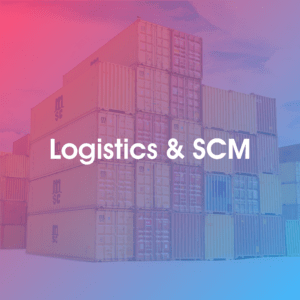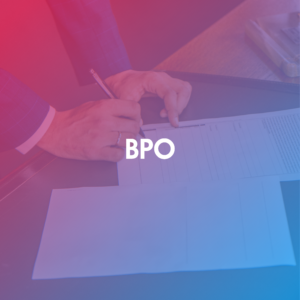

RPA in Supply Chain Management
Watch Demonstration
Despite technological advancements, supply chain management remains more challenging and complex than ever. One reason is that it involves countless processes that are interconnected. An issue with a minor part in one process can have a cascading effect on all others, bringing the organisation’s entire supply chain to an abrupt halt or ending up costing the business substantial losses, including financial. RPA, a technology that helps automate processes, can significantly overcome several challenges businesses regularly face in managing their supply chain. The most notable benefit is that it can reduce or remove the possibility of human error altogether.
Challenges in Supply Chain Management
Logistics
Knowing when the business will receive the goods is the key to on-time, cost-effective manufacturing and delivery to the end customer.
Employee Turnover
A high employee turnover remains an issue in all supply chain areas, leading to lower productivity, customer satisfaction, and profitability.
Data
Managing and benefiting from the data generated in different areas throughout the supply chain remains a significant problem even today.
Partner Onboarding
Onboarding partners along the supply chain is time-consuming, requiring dedicated resources which adds to the organisational expenses.
Supply & Demand Planning
Knowing what to and when to order is the key to long-term business success. Effective supply and demand planning remains a key concern.
Costs
A failure to address the substantial cost increases along the supply chain can reduce customer satisfaction and drive businesses to the ground.
RPA Use Cases in Supply Chain Management

Vendor Selection
Selecting the right vendor is key to an organisation’s success. Humans can overlook critical information, leading them to select a vendor unsuitable for their business objectives. RPA can help simplify the process by automating several processes in vendor selection. It can analyse extensive vendor documents such as credit history and responses to the RFI or RFQ. The RPA solution will then compare them with organisational policies to ensure that the vendor meets the requirements.


Inventory Management
At the heart of every supply chain lies inventory management. Organisations must ensure they have the right amount of stock for any product. The over and undersupply of an item can have significant financial repercussions. RPA solution can keep stock of all inventory and alert the management when an item is nearing depletion. It can even automatically order stock if required. RPA can analyse past data and help management decide the optimal product inventory level.

Logistics
Customers and businesses eagerly wait for product delivery. Currently, the process involves manually asking for updates regarding the delivery. RPA can automate the entire process by automatically generating alerts whenever there is an update in the delivery process. There is no need for employees to manually respond to customer queries or email vendors when to expect the inventory. It can save significant time and enable employees to focus on value-addition and rewarding tasks.


Risk Management
As the cost of human error is on the rise, businesses must find ways to address the issue. RPA can greatly benefit organisations in this regard. RPA performs the same task as the employee but without error, reducing human error. With the help of automation, businesses can implement control checks at various intervals. In a case of discrepancy, RPA solutions will automatically generate alerts informing the higher management or implement the programmed solution without human intervention.
Agile Managex Technologies RPA Solutions
You can check out our existing RPA solutions or request a fully custom-developed RPA solution for your organisation. Request a free demo to see how RPA solutions can benefit your business.














